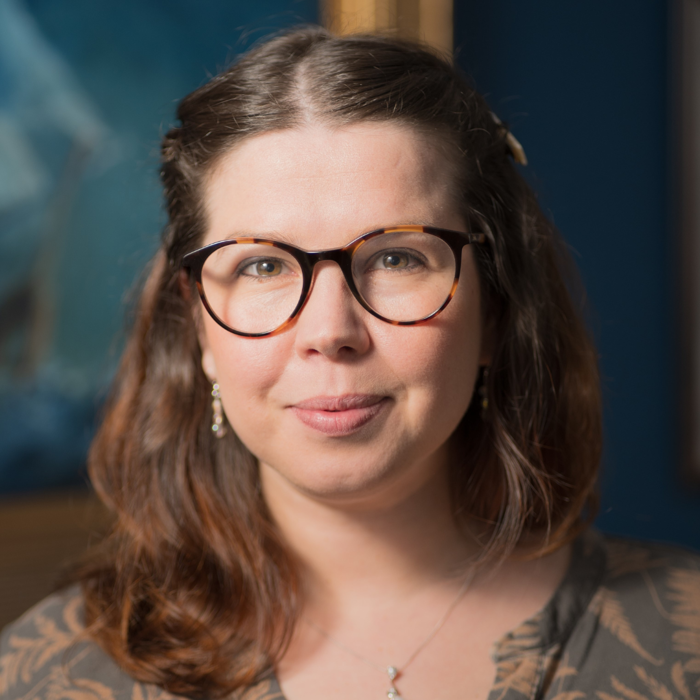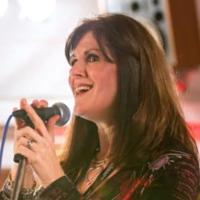Beyond the Major Scale: Engaging The Ear And Voice In Vocal Exercises
Tuesday 13th October 2020, 5:00 PM - 7:00 PM (London Time)
About this two hour Webinar:
Vocal exercises are used by singers and singing teachers alike to help develop, refine and establish various aspects of vocal technique. But vocal exercises can also be harnessed to develop a singer’s musicianship alongside technique. Just as a train track has two rails to stay balanced, it is proposed by the presenter that a “two-track” approach to a singer’s development would be an equal emphasis on technique and musicianship throughout training, as opposed to the more “monorail” emphasis on technique alone. As the eminent classical pedagogue, Richard Miller, sagely said: “Be first a musician and second a singer”. But how can this be readily achieved within a lesson context?
Currently, there is an over-emphasis and over-reliance on major scale-based patterns in vocal exercises at the expense of the appetising array of other musical patterns found in vocal music. From listening to and analysing a range of pop song excerpts, this interactive workshop will introduce vocal melodies based on other scales and modes, some of which are more commonly used than the major scale. The presenter will then show how relevant, engaging vocal exercises can be created from these patterns. They are not only still technically demanding but also provide musical variety and ear challenge to vocal exercise repertoire. This concept can be applied to any style of singing and doubles the educational value of exercises.
All sessions are recorded and will be sent out to all registered participants.
Kim Chandler
Kim Chandler (MMus BMusEd) is a renowned contemporary vocal coach & session singer. She runs a busy private studio in Marbella, Spain, where she coaches an elite clientele of stadium band singers, including BRIT award winners & GRAMMY nominees, artists from a range of genres, professional singers and vocal coaches online.
Sorry, this is an archived short course...
We have plenty of upcoming short courses coming soon. See details of some of them below or look at the full list of short courses.

Monday 7th July 2025
2:00 PM - 4:00 PM
Tuesday 8th July 2025
2:00 PM - 4:00 PM
Wednesday 9th July 2025
2:00 PM - 4:00 PM
Friday 11th July 2025
2:00 PM - 4:00 PM
Monday 14th July 2025
2:00 PM - 4:00 PM
Tuesday 15th July 2025
2:00 PM - 4:00 PM
Wednesday 16th July 2025
2:00 PM - 4:00 PM
Friday 18th July 2025
2:00 PM - 4:00 PM
(London Time)
Introduction to statistics and working with quantitative data for Voice Professionals: 8-Session Online Bootcamp

Dr David Cane
This certificated statistics course is ideal for individuals interested in laying a solid foundation in quantitative research methods. By focusing on essential statistical principles, you will be equipped with the tools to understand and apply quantitative research techniques effectively. Statistics is a crucial component of quantitative research; mastering it will enable you to grasp quantitative methods more confidently and precisely.


Tuesday 15th July 2025
5:00 PM - 7:00 PM
(London Time)
Exploring the roots of the tongue: Ideas for performance

Walt Fritz
As a relative outsider looking into the voice and performance world, I witness the bell curve of thoughts and actions on how the tongue contributes to voice problems and how best to tame that tension. Traditional ways of taming tongue tension seem adequate (or would seem so, based on feedback), so what is different and new? In this short course for the Voice Study Centre, Walt Fritz will introduce the learner to variations on self-applied tongue stretches and exercises.


Wednesday 16th July 2025
2:00 PM - 4:00 PM
(London Time)
Emotion and Performing Accents and Dialects: why does Emotion Get in the Way?

Louisa Morgan
At points of heightened emotion, it is common for actors working in an accent to default to their natural speech. How do we help performers to avoid this issue and provide them and their directors with the confidence they need regardless of the emotional demands of the piece? What can we learn from research in vocal expression of emotion to help actors to embody the emotion and keep control of their voice and accent? Our very own Louisa Morgan will guide participants through the latest research and offer practical suggestions for working with performers needing to navigate this challenge.
